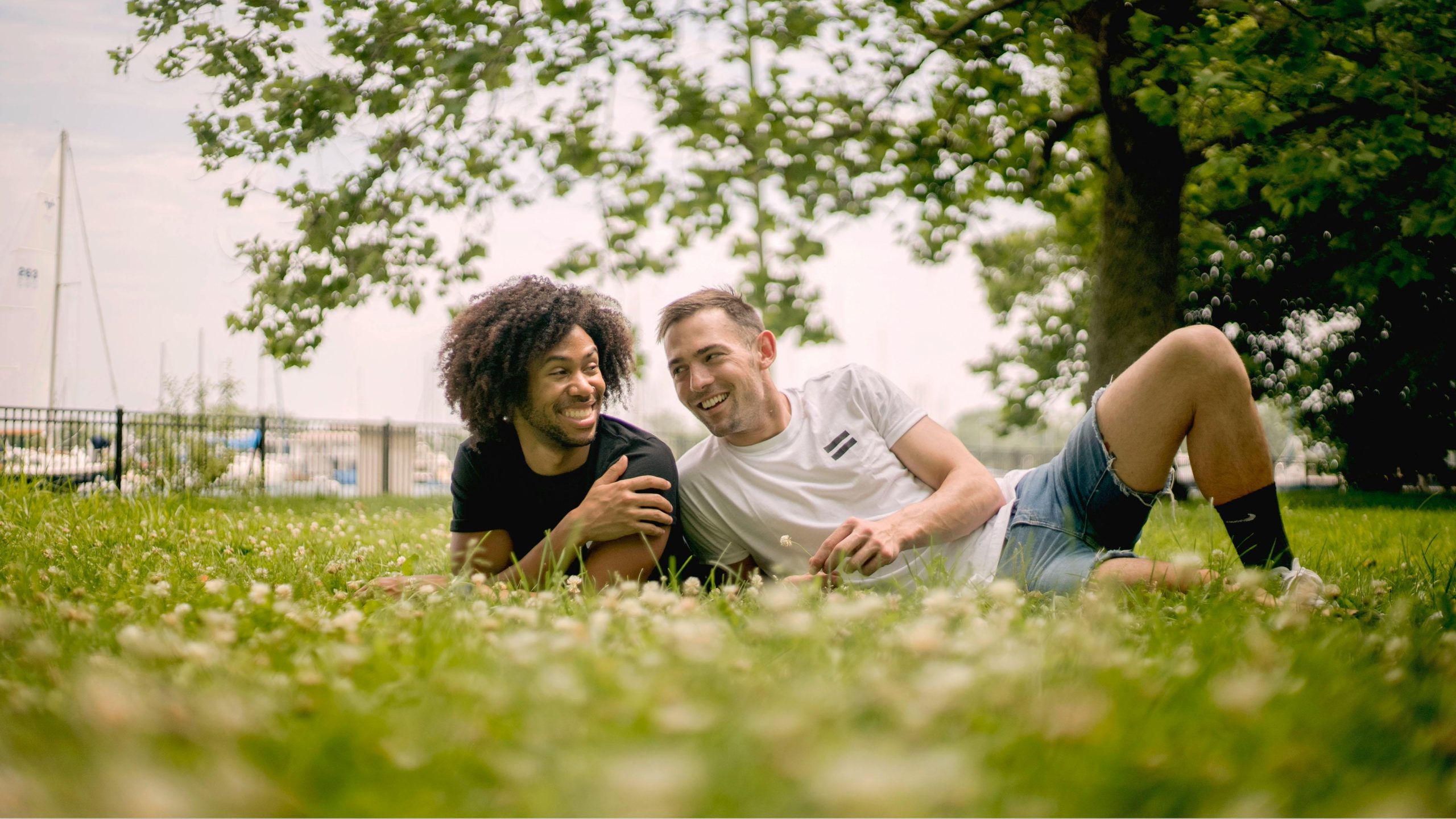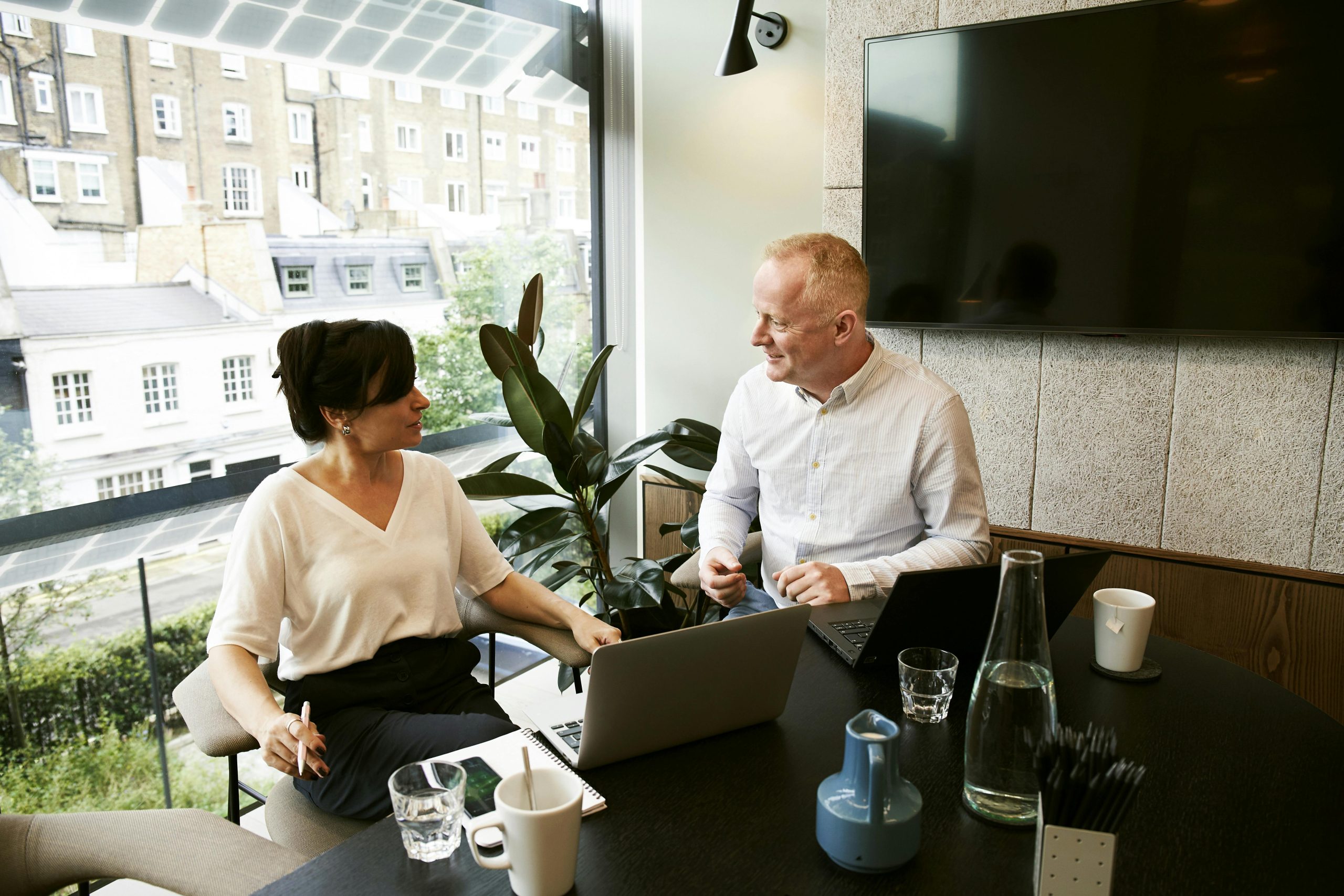Unless you’re planning some wildling-like forest life, where you live off of foraged nuts and plants, bathing in spring water, and getting into zoning disputes with grizzly bears, you’re going to have to learn how to have a conversation at some point. People need people, and our communication skills are what separate us from those bears you won’t stop talking about.
Everybody could benefit from improving how they deal with people. No matter what stage of life you’re in, how you traverse social and emotional situations will shape your daily routine by deciding how many people and opportunities present themselves to you. Lasting friendships and relationships are built on strong communication skills, and it’s never too late to learn! Let’s explore some ways you can assess, and improve, how you interact with the world.
Think before you speak
We all process information at different speeds, just think of how many people still deny Santa Claus exists. It’s okay to take a beat and think through how you feel about a situation before you decide to comment on it, and this will save you from saying something you later regret. It’s easy to oversimplify a situation to speed up your response time, but rarely is a rushed reply fully informed.

This is a useful tip for navigating any social situation, especially if you aren’t entirely familiar with the people. Assumptions and gut reactions are prone to a lot of internal, unconscious bias, and we often view them retrospectively with a lot more bias, which makes us believe they pan out more than they truly do. Skip all of these communicational potholes by thinking through the situation, and asking questions when you don’t know something.
Quality over quantity
A lot of people misunderstand the point of effective communication, which is all about clarity and transparency. Plenty of politicians, lawyers, and hairdressers can talk for hours and still not be any good at mediating a conflict or showing vulnerability to a loved one because padding a conversation is only one skill of many.

Certain professions demand that, and of course, it can be taught, but the vast majority of us would benefit from a much simpler approach to expression. Don’t be afraid of silence or lulls in conversation, they can be valuable thinking time for everybody and certainly don’t feel the need to fill that silence with superfluous details, or side plots that go nowhere.
Listen, listen, listen
What you say and how you say it is part of the equation, but communication requires somebody to be on the other end of your signals, and they are just as important as you are. A lot of social skill shortcomings can be circumvented by properly listening to and engaging with the person you’re talking to, and people love talking about themselves!

You’ll find many are happy to take the reigns in a conversation to talk about something they find interesting, or a passion of theirs. That can give you more space to think of questions and how you’re coming across, but ultimately it’s more time spent engaging with and learning from your fellow humans, so really we’re all winners at the end of the day.
Refer to the question
There are plenty of times you can let a conversation wander, there’s no need to have a structured assessment sheet handy every time your partner asks about your day, but sometimes it’s good to keep the objective in mind. Any dispute involving the workplace will have a different set of rules than those of the home, so staying on topic might be important.

If you ever feel you’re slipping off into a tangent, perhaps you panicked when reaching for something to say and started an anecdote you’re not entirely sure fits the theme, always refer back to the question. Very few conversations have a goal, so the fact that some of them do give you an extra crutch in the event you stumble, so remain calm!
Have patience and empathy
On the topic of conversational goals, those with a more transactional view of social relationships might point out that all interactions are somewhat motivated by selfish reasoning. We express in the hope that those expressions are seen and understood, and perhaps reacted on (sure, with you there), but the effects of communication go far beyond that initial reaction.

Nothing happens in a vacuum, everybody is living a complex and multifaceted life, while also worrying about their communication skills, and trying to recap the last article they read about how to come across like a human being. Building connections is human, understanding and respecting each other, regardless of perceived transactional benefit, is how humans grow.

